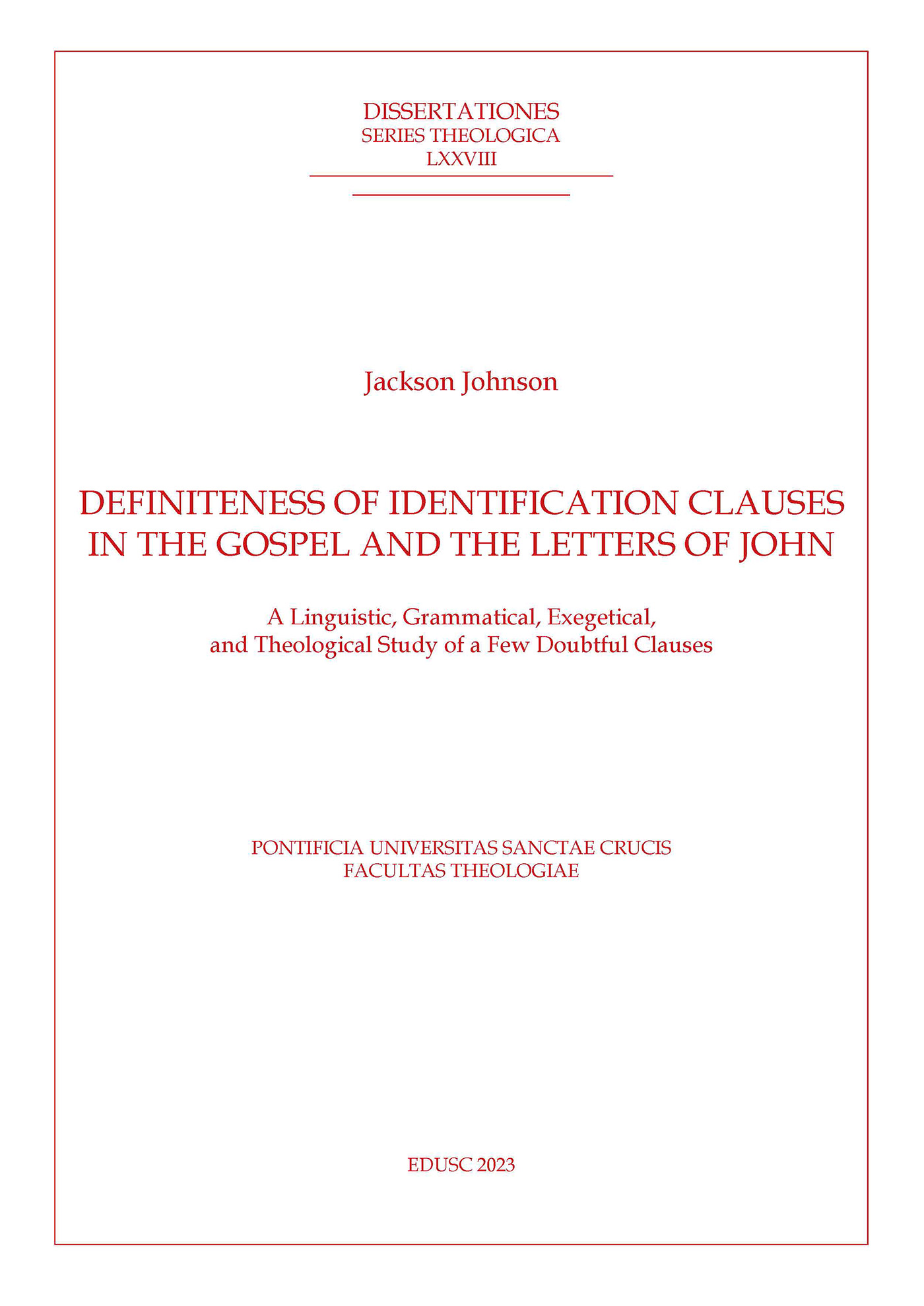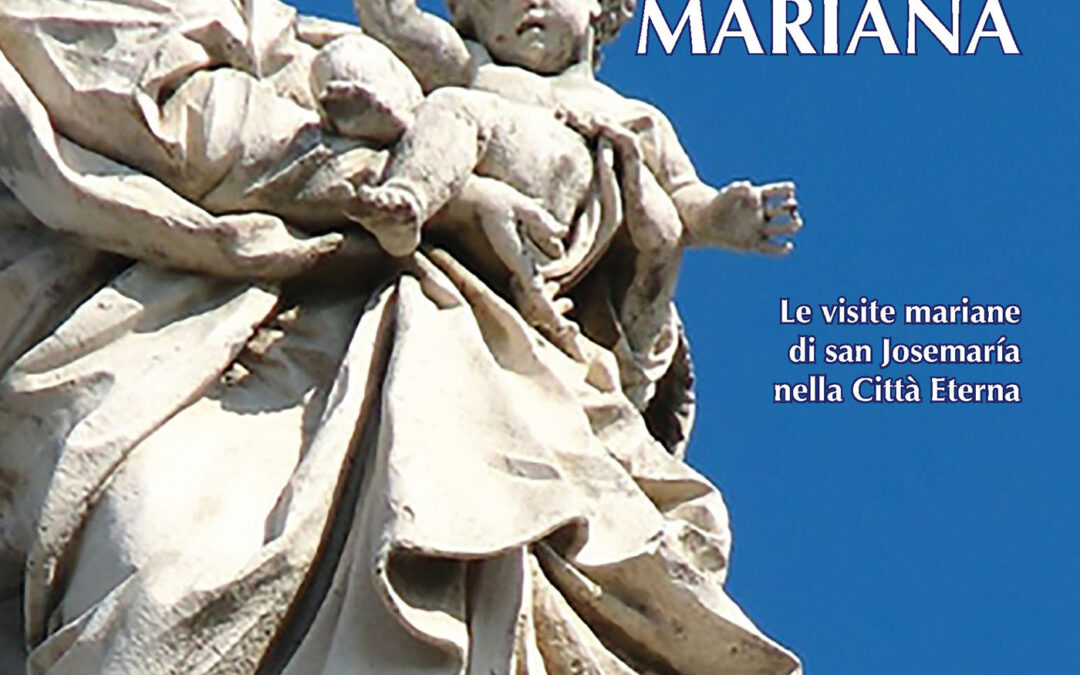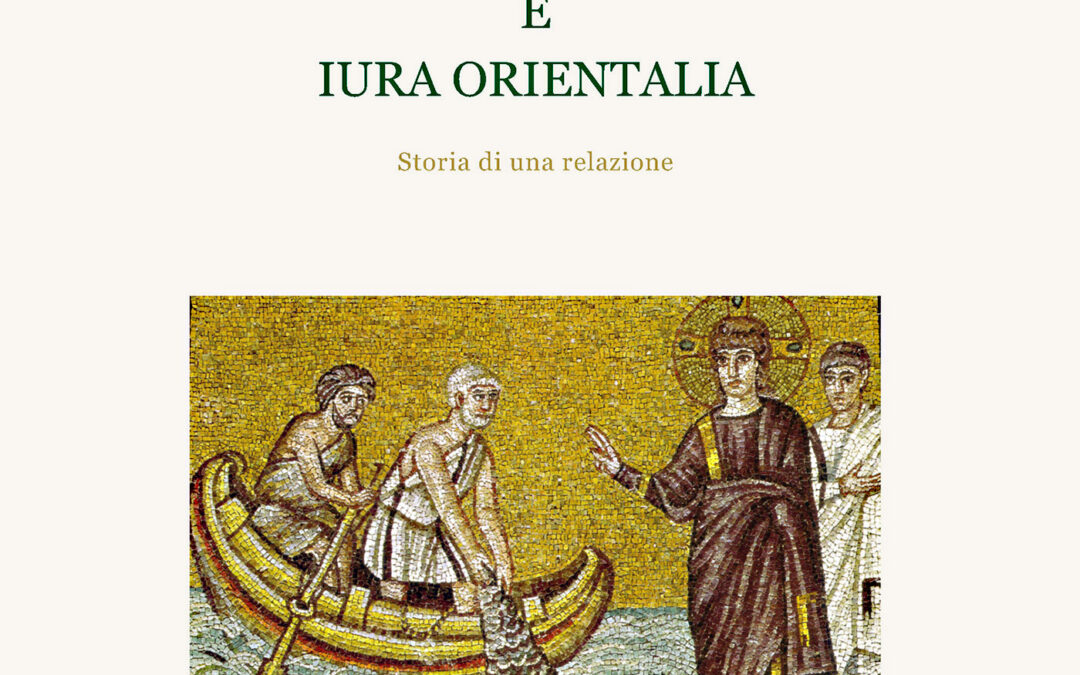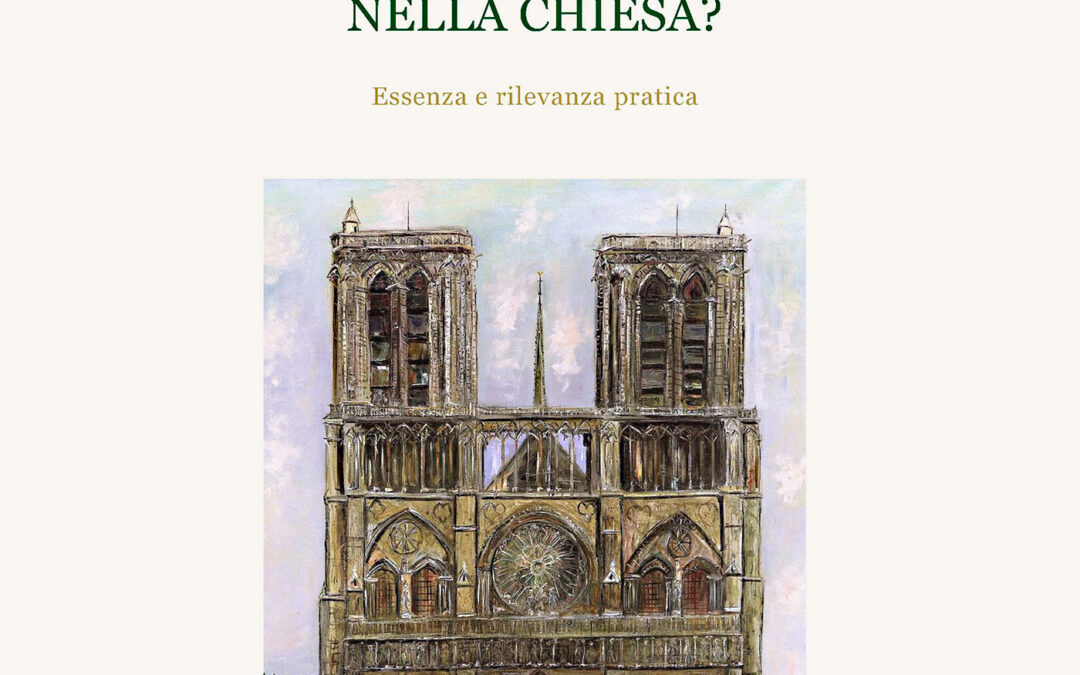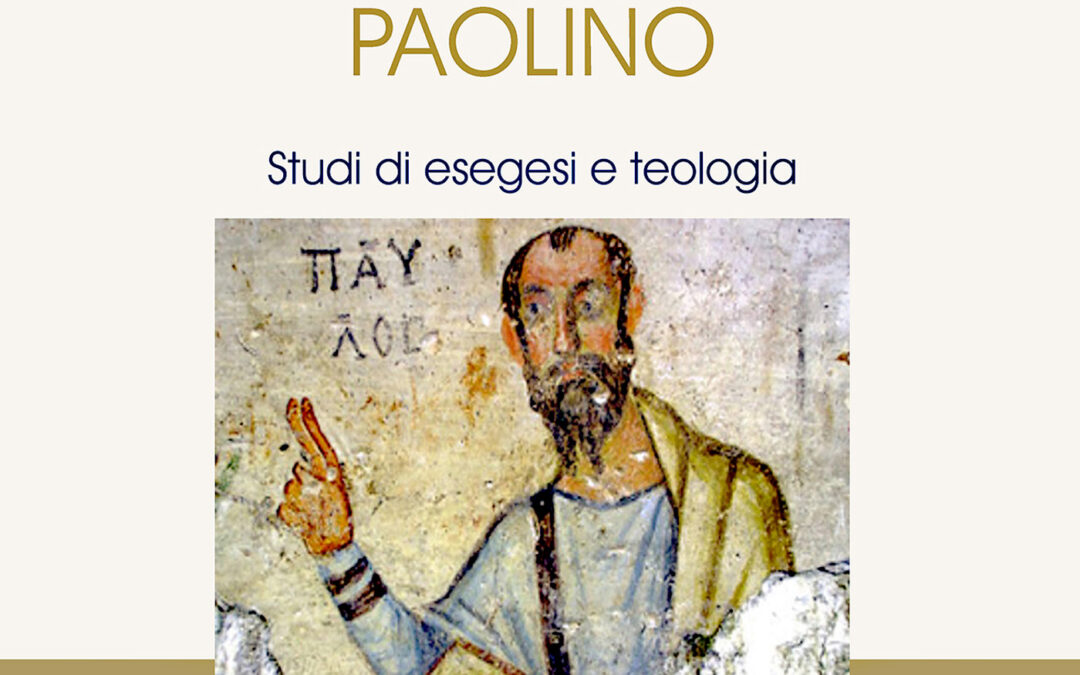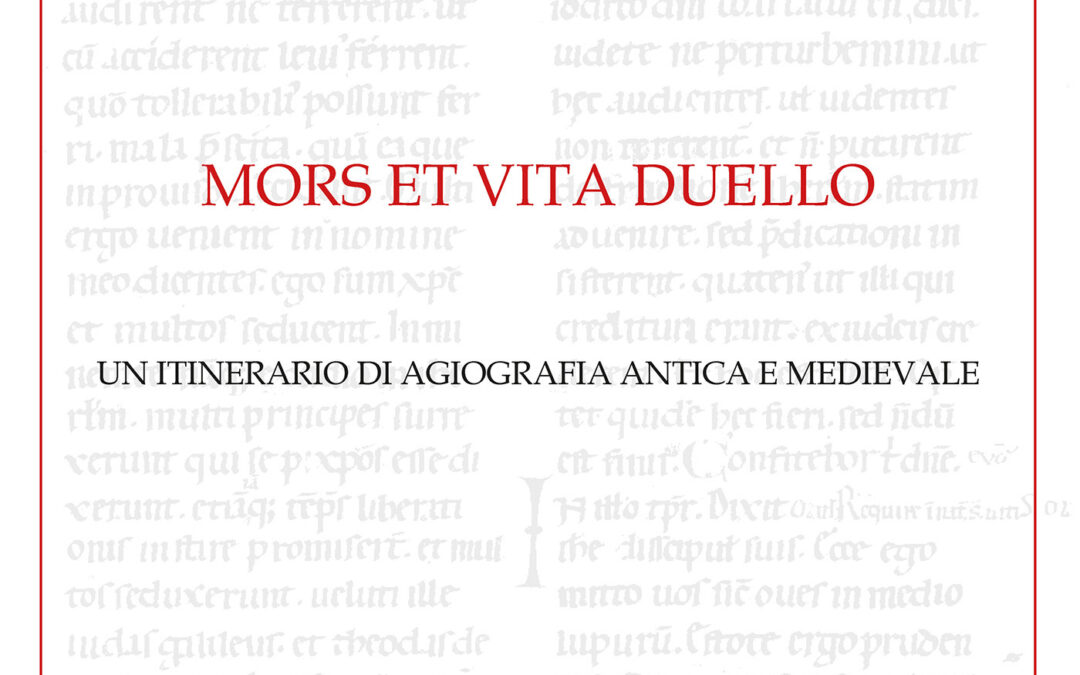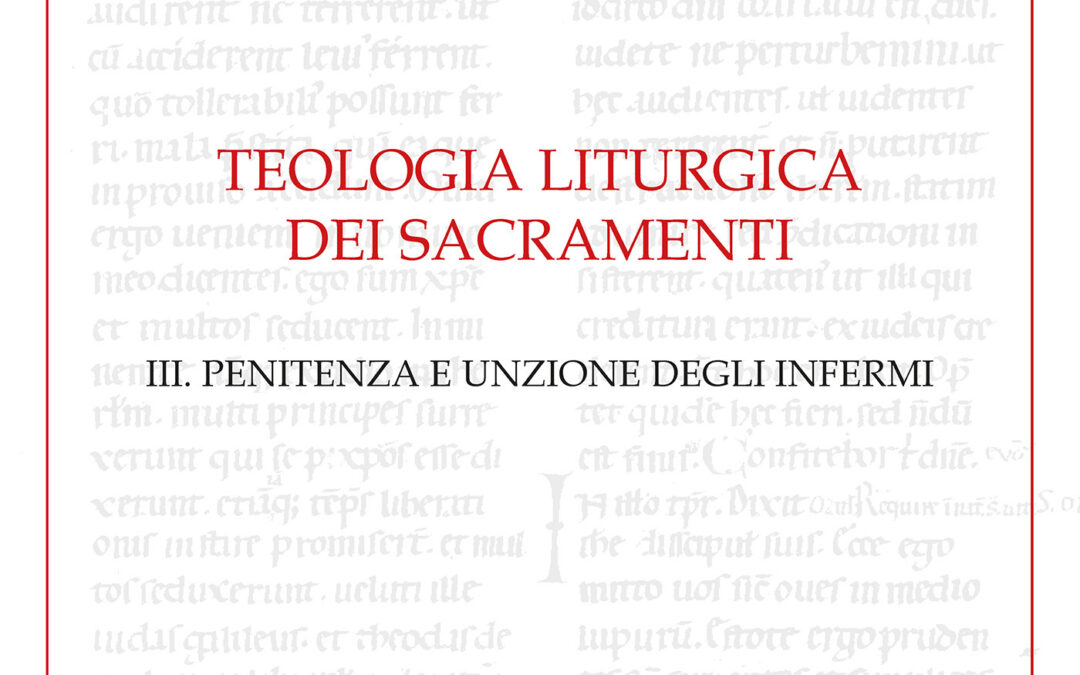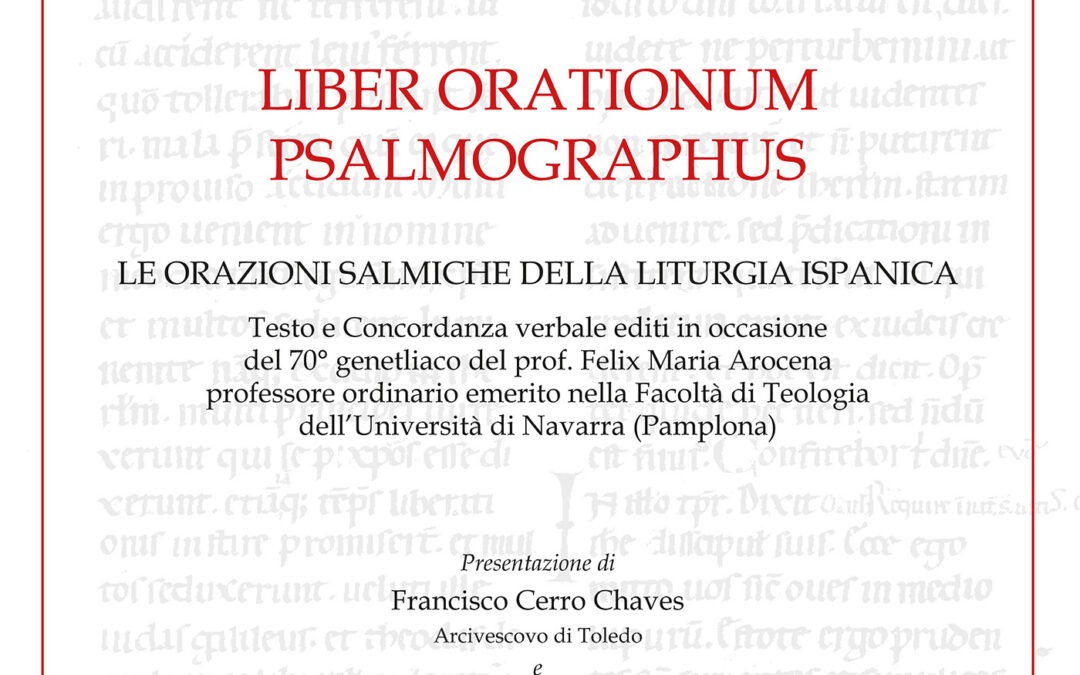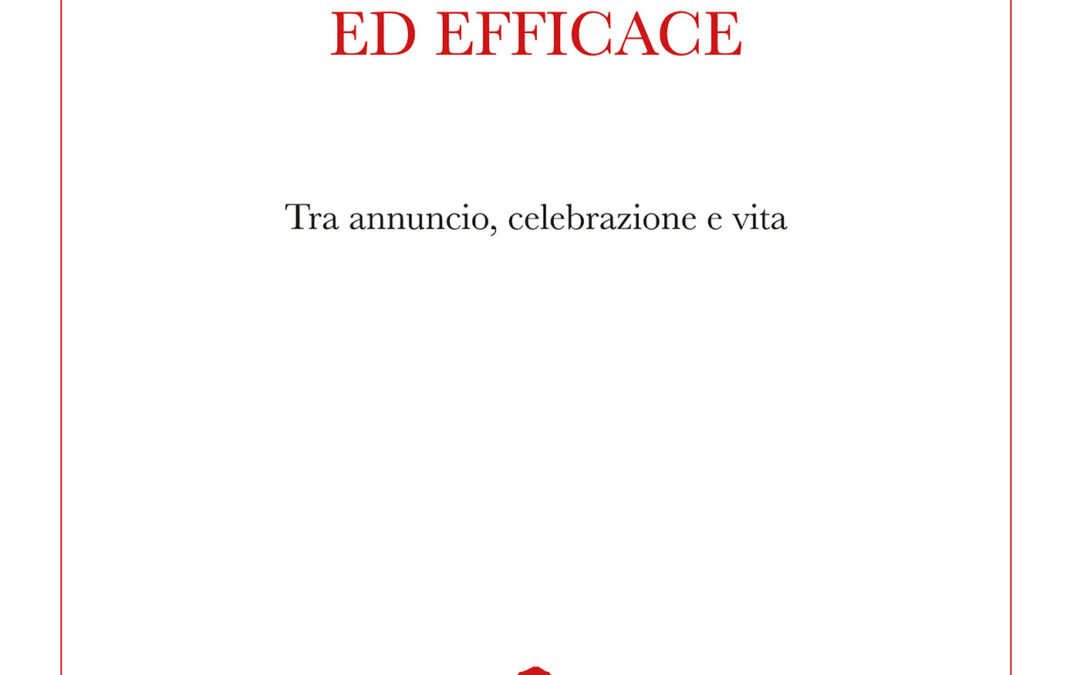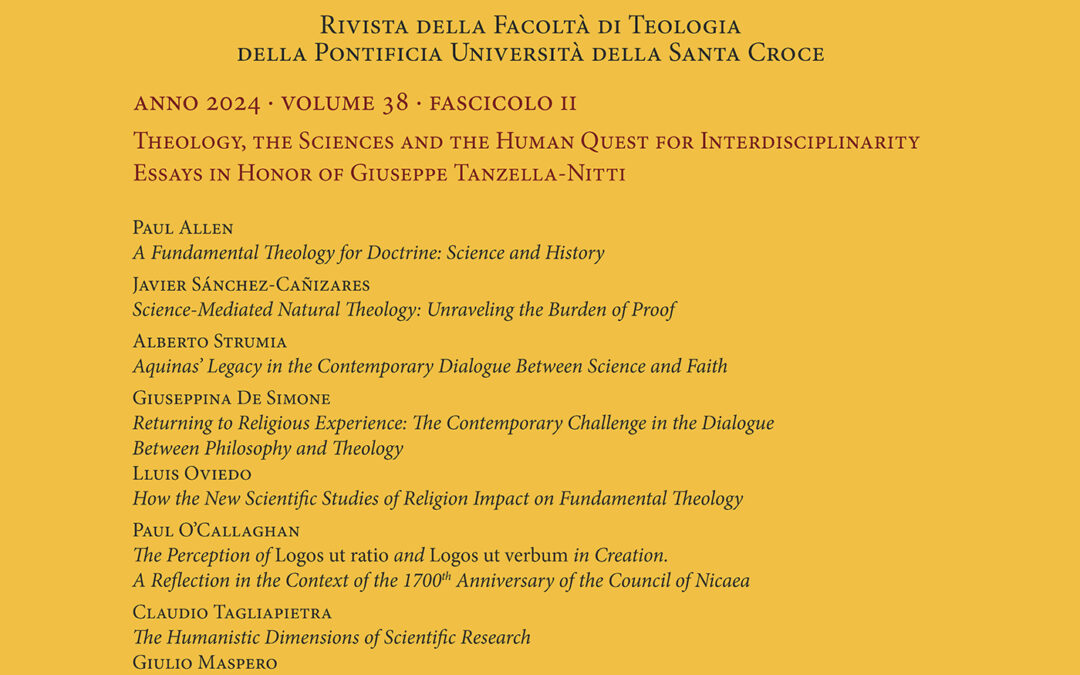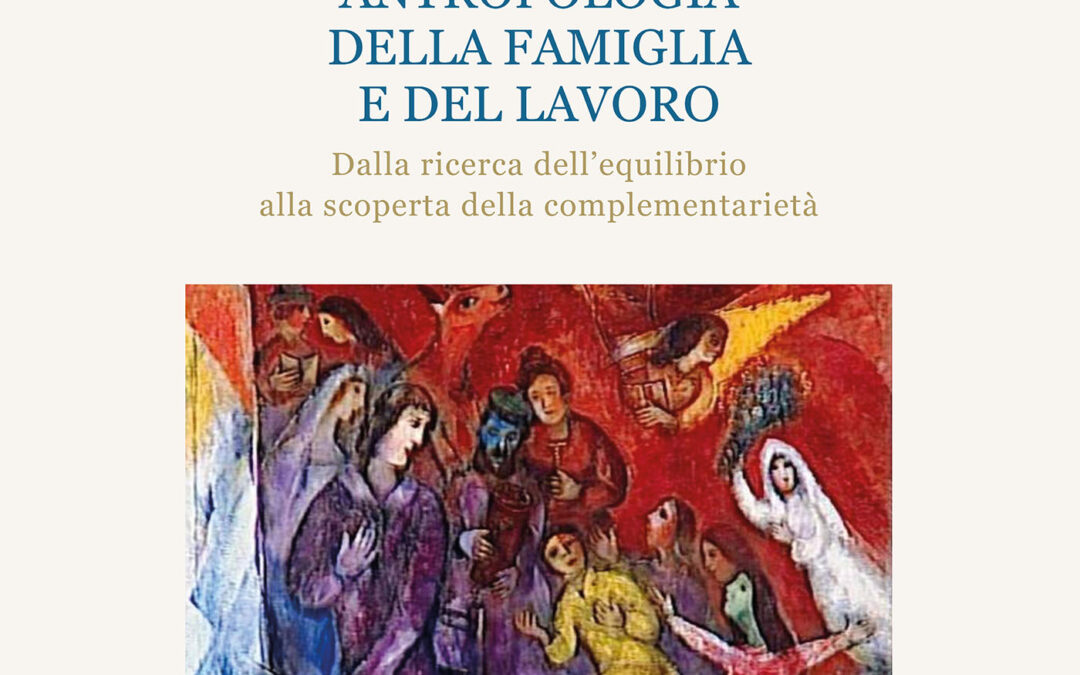This dissertation explores identification clauses in the Gospel and Letters of John, focusing on four major elements: linguistic, grammatical, exegetical, and theological. With at least 386 identification clauses in the New Testament (NT), 135 are found in the Gospel and Letters of John (34.97%). The research incorporates insights from general linguistics into Greek grammar, particularly in the study and interpretation of identification clauses.
The first chapter introduces the concept of definiteness, definite and indefinite articles, and four theories of definiteness in general linguistics. The second chapter focuses on the concept of definiteness and identification clauses in Greek grammars. The third chapter analyses the traditional and linguistic concepts of the word order of Greek clauses in the NT, focusing on markedness and prominence. The fourth chapter provides a statistical overview of the distribution of identification clauses and the position of the components in the NT, the Gospel, and the Letters of John. The fifth and sixth chapters studies in detail the selected identification clauses that cause interpretational difficulty, divided into four groups: pre-verbal and post-verbal anarthrous complements, the absolute ἐγώ εἰμι sayings, and the Christological confessions.
The study’s most important conclusion concerns the translation of the Greek clauses. The absence of the definite article is not an indication that it may be translated as an indefinite. The next implication is regarding the word order. Most of the time, stylistic variations and emphasis are proposed as reasons for variations in word order. This study confirms that the importance of placing the complement before the predicate is for the sake of emphasis. The word order of each clause is to be studied in its own context, focusing on the authors’ intention behind the variation in word order. Usually, an identification clause is composed of three components. However, one of the elements can be absent for different reasons and still be considered an identification clause, irrespective of whether the missing constituent could be supplied from the context or not. The study concludes that a pre-verbal anarthrous complement cannot be translated as an indefinite or a qualitative noun just because of the absence of the article. Despite the absence of the article, if the context suggests that the complement is definite, it should be translated as a definite noun.

Antropologia filosofica
Chi sono io? Chi siamo noi? Per rispondere a queste domande, il presente volume segue un itinerario speculativo che parte da un’indagine sulla nozione adeguata di persona, per mostrarla come un vivente corporeo-spirituale e dinamico, liberamente orientato a svolgere...

